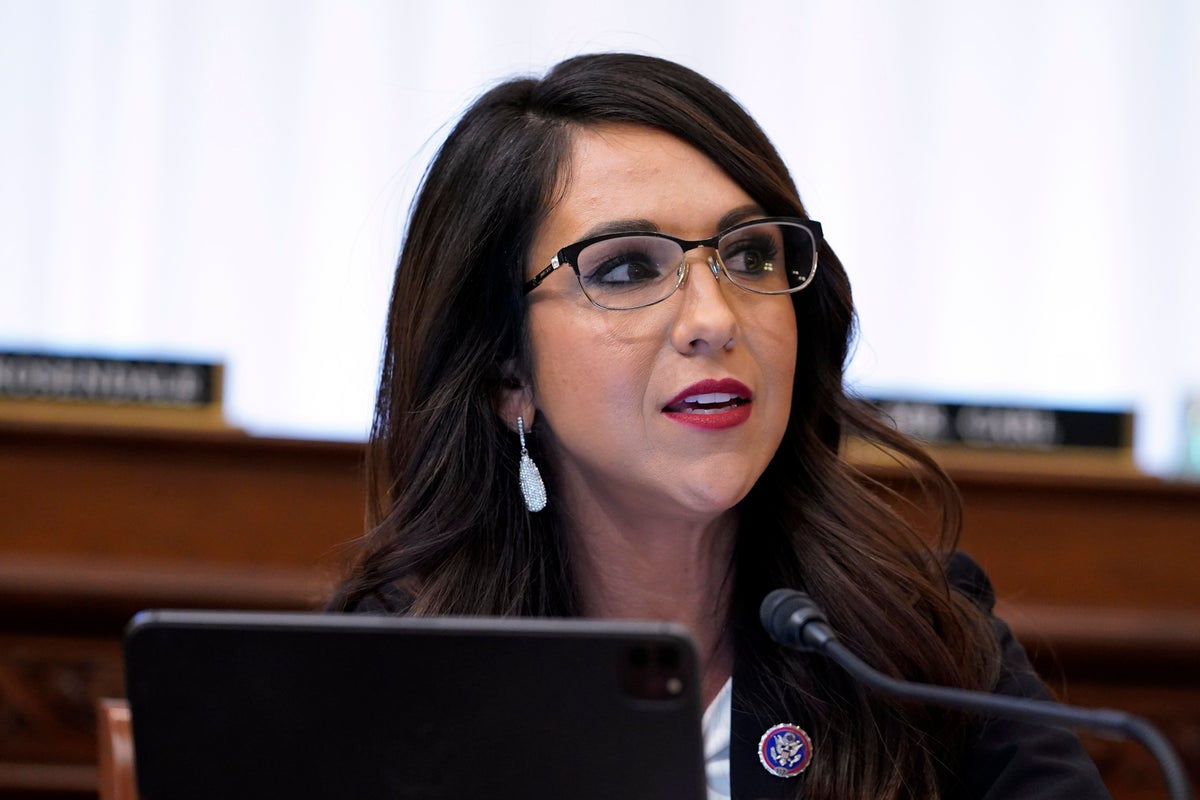
Alexandria Ocasio-Cortez has mocked Colorado representative Lauren Boebert after she claimed she had her third son because birth control was too expensive.
“I left a prescription at a pharmacy once. I went to get birth control,” she said during a hearing on Tuesday 23 May. “I was there at the counter, went to pay for it, and the price was very, very high. I said wow, is this a three-, six-month prescription? They said, no ma’am, this is one month. I said it’s chapter to have a kid. And I left it there, and now I have my third son, Kaydon Boebert, and so it actually turned out to be a really great thing.”
Fellow congresswoman Alexandria Ocasio-Cortez took issue with the story, noting how Ms Boebert had voted against legislation that would help ensure wider access to contraception.
“And then she voted against the right to contraception so she could double this problem and give it to the next person,” the New York Democrat wrote on Twitter on Tuesday.
Last year, Ms Boebert, alongside most of the House GOP, voted against the Right to Contraception Act, which would’ve enshrined the right to contraception in federal law.
Rep Kathy Castor of Florida, one of the bill’s sponsors, said the bill was important as women are facing "a perilous time, where an extremist Supreme Court and the GOP are rolling back our rights."
And then she voted against the right to contraception so she could double this problem and give it to the next person https://t.co/NkNWzH3Jqt
— Alexandria Ocasio-Cortez (@AOC) May 23, 2023
Democrats rallied around the bill after US Supreme Court Justice Clarence Thomas suggested in a concurring opinion to the decision overturning Roe v Wade that the high court should revisit 1965’s Griswold v Connecticut, which forbids states from banning contraception.
The conservative justice said that decision was an “error” on the part of the Supreme Court.
According to the Kaiser Family Foundation, a majority of women between ages 18 to 64 have used contraception at some point during their reproductive years, with more than three-quarters using multiple methods.
Under the Affordable Care Act, contraceptive coverage is required, though KFF found in 2022 that four in 10 women weren’t aware most insurance plans pay the full cost of birth control.







